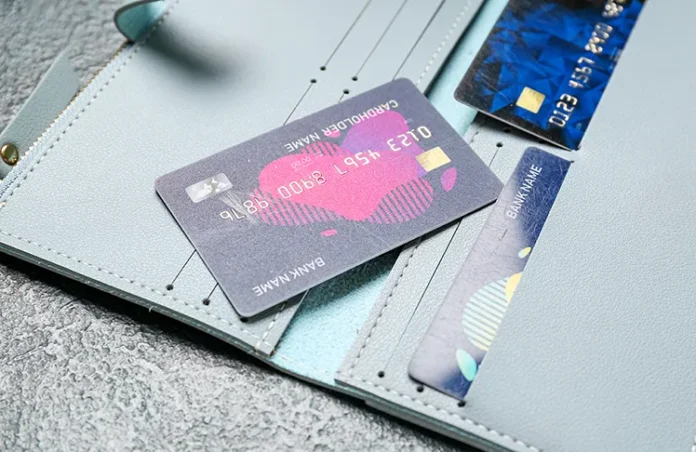Finances FYI Presented by JPMorgan Chase
While joyful, the holiday season is usually a time of heavy spending. Between gifts, travel, gatherings, and hosting events, the expenses quickly add up. You may wonder if using cashback or travel credit cards is a sound strategy for saving money on holiday shopping and travel.
Credit cards with cashback or travel rewards cards can save you money. But how do you know which type is best for your holiday spending, and how do you ensure that they don’t end up costing you more? We’re reviewing the different options and how to maximize rewards this holiday season.
What Are Cashback Rewards?
Credit card companies offer Cashback rewards as incentives to customers. These rewards refund a portion of qualified purchases as a credit to the account, a bank deposit, or as points to redeem for cash. Some cards offer a flat rate, while others offer higher percentages for specific categories like groceries, dining, or gas.
There are a few options for cards without a flat rate.
- Tiered-rated cards offer fixed percentages for categories, such as groceries or gas. These work well if your highest spending areas match those with higher points.
- Cards with rotating categories change which ones receive the highest percentage throughout the year. You may earn up to 5% in a given quarter, providing high returns if you time your purchases and pay attention to the changing categories.
How Do Travel Rewards Work?
Travel rewards cards are similar to cashback cards, but instead of earning cash, you earn points or miles to redeem for travel expenses, such as hotels, car rentals, and flights. Airlines and hotel chains offer cards that reward loyalty by providing higher points when you spend money with their company. They often also give you points for other spending and additional perks such as free checked baggage or hotel stays.
Credit card companies also offer travel reward cards. Similar to cashback cards, they will have flat rates or tiered percentages for spending in different categories. Many offer additional benefits such as travel insurance and no foreign exchange fees when traveling abroad.
Maximizing Rewards
Whether you use a cashback card or a travel one, the two main ways to maximize rewards are taking advantage of sign-up or welcome bonuses and matching higher earning rates with your top spending categories. Welcome bonuses for cashback cards generally range from $100 to $200.
Remember that you only save money with incentive cards if you pay off the balance entirely each month. Interest rates on credit cards can be up to 29%. Paying these high rates on balances for even one month will wipe away all your earnings. Be careful not to spend more than you have, especially when trying to reach welcome bonus amounts.
Cards with annual fees often offer higher welcome bonuses and reward rates. However, it’s wise to look at your typical spending and do the math to determine if these cards are worth it. Think twice about these cards if your rewards won’t be significantly higher than the annual fee.

Planning for Your Holiday Spending
Now that you have the basic rundown on cashback and travel cards and how to maximize your reward earnings, it is time to make a plan.
Decide whether a cashback or travel card best meets your needs.
A cashback card may be the best choice if you feel financially strained by holiday spending since it is quicker to earn money back. If your holiday plans involve a lot of travel or your priority is saving for a future trip, consider a travel card. Remember that earning enough points to cover the costs of a trip may take time and may not save you money in the short term.
Decide on the specific card.
Read reviews on the best cashback and travel cards to determine a good fit for your savings goals and spending habits. Find a card with the highest rewards in your top spending categories. Consider whether cards with annual fees make sense and whether you want a card with extra bonuses and incentives for a specific company or a more generalized option.
Earn the Welcome Bonus
The welcome bonuses offered with new cards are the best opportunity to earn cashback or travel rewards. To avoid missing out on these extra rewards, ensure that you understand the terms and conditions for spending the needed amount within the allotted timeframe.
Stick to Your Budget
Earning cashback or other rewards can save you money during the holiday season. However, keep in mind that rewards can take time to accumulate and will be wiped away with high interest rates if you don’t pay off your balances fully. Stay within your budget to take advantage of these programs and save money.
Ready to save money by selecting the right card for you?
Finances FYI is presented by JPMorgan Chase. JPMorgan Chase is making a $30 billion commitment over the next five years to address some of the largest drivers of the racial wealth divide.
























